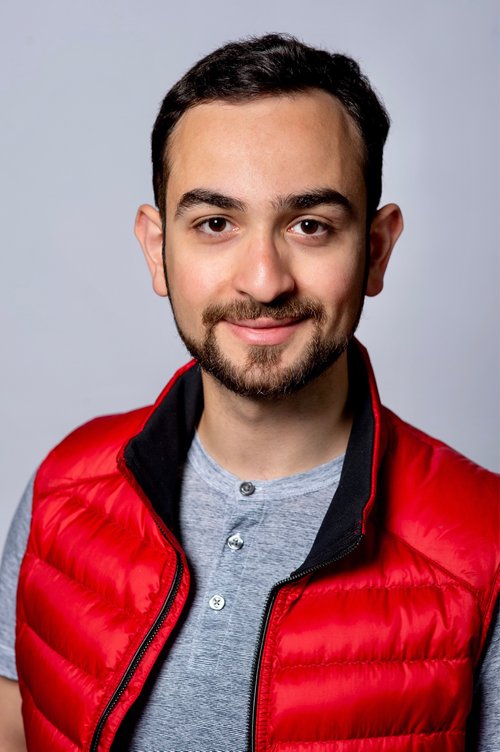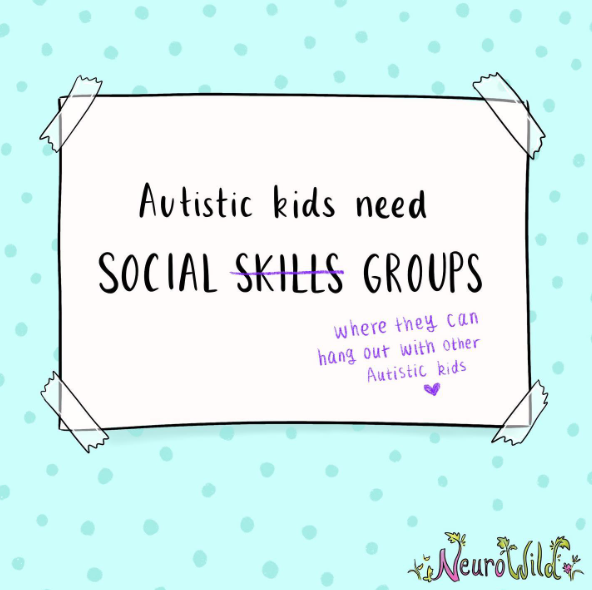Social skills groups: Everything you should know
Updated: February 8, 2024 · 3 Minute Read

Reviewed by:
Faraz Fadavi, MBA
Highlights
- Social skills groups are structured programs where kids facing similar social challenges come together to learn and practice social skills in a supportive and inclusive environment.
- Kids take part in activities like role-playing, group discussions, and cooperative games.
- Trained professionals, such as psychologists and speech-language pathologists lead social skills groups. You can find these groups at therapy centers, autism clinics, schools, and more!
Social skills groups give kids a place where they can work on their social superpowers and connect with peers who understand their experiences.
What are social skills groups?
Social skills groups are like power-packed teamwork sessions but with a special twist. These programs bring together children who face similar social challenges. Kids learn and practice important social skills in a supportive and inclusive environment.
These groups are all about boosting confidence and helping kids thrive in social situations. Activities and interactive discussions will help your child develop crucial social communication skills. They will also foster meaningful connections and friendships.
What happens in social skills groups?
Kids will take part in activities and exercises designed to develop their social abilities. The specific activities may vary depending on the goals of the group and the age of the participants.
Some examples of what kids do in social skills groups include:
- Role-playing: Role-playing is a common activity in social skills groups. Your child will take on different roles and act out social scenarios. They will practice communicating with peers, problem-solving, and conflict-resolution skills. This helps them develop strategies for real-life social situations.
- Group discussions: Kids share their experiences, thoughts, and feelings on different topics. Group discussions encourage active listening, turn-taking, and respectful communication. It also helps foster empathy and understanding among group members.
- Cooperative games and activities: Cooperative games and activities can help promote teamwork, collaboration, and social interaction. Kids will learn to work together with group projects, and team-building exercises. Through these activities, kids practice effective communication and cooperation skills.
- Emotional regulation exercises: Developing emotional regulation skills is an important aspect of social skills development. Kids may engage in exercises that help them identify and express their emotions. They will learn strategies to manage anger, frustration, anxiety, or sensory challenges.
- Community outings and field trips: Some social skills groups organize community outings and field trips. These outings can provide kids with opportunities to practice their social skills. They may visit parks, stores, restaurants, or other community locations.
Are social skills groups right for my child?
Social skills groups are great for kids who struggle to relate with peers, make friends, understand social cues, and more. They can be great for kids with various needs including autism, ADHD, sensory processing disorders, and other developmental differences.
Social skills groups can be tailored to different age groups and specific needs. For example, younger kids might focus on things like turn-taking and sharing. Older kids might focus on handling conflicts, expressing opinions, and building resilience.
Social skills groups vs social skills training: What’s the difference?
Social skills groups and social skills training both focus on improving a child’s social abilities. But, they can differ in format and focus.
Social skills groups are interactive programs where children with similar challenges come together to learn and practice social skills. Social skills groups emphasize hands-on learning and peer interaction. Some groups may allow your child to bond with other kids through shared interests. Autistic people usually find it easier to relate to other neurodivergent people, and social skills groups can connect ND kids to other ND kids.
Social skills training encompasses various approaches used to teach social skills. Social skills training can be either one on one or in groups. It’s important to know that autistic kids already have social skills – autistic social skills! Social skills training usually aims to teach autistic kids neurotypical social behavior. Many autistic people consider social skills training to be harmful, but some have found it helpful to relate to neurotypical peers. Your child shouldn’t be forced to copy neurotypical social skills.
Are social skills groups expensive?
The cost of social skills groups can vary depending on several factors. Location, duration, frequency of sessions, and the specific provider can impact the price. Insurance or government programs may cover some social skills groups. Others may require out-of-pocket payments.
Some social groups may offer financial assistance or sliding-scale fees based on income level. Local community centers, schools, and nonprofit organizations may offer more affordable options.
We recommend you explore different avenues to find a program that fits your budget.
Who leads social skills groups?
Social skills group teachers will vary depending on the setting and the organization providing the program. Here are some professionals who may take on the role of teaching social skills groups:
- Licensed psychologists or therapists with expertise in child development, behavioral psychology, or clinical psychology.
- Speech-language pathologists (SLPs) who specialize in communication challenges and social language.
- Special education teachers may lead social skills groups in school settings.
- Board Certified Behavior Analysts (BCBAs) or behavior therapists with expertise in applied behavior analysis (ABA).
- Occupational therapists (OTs) who specialize in sensory integration and social-emotional development.
Where can I find a social skills group?
You can find social skills groups at specialized therapy centers, autism clinics, schools, and community organizations. There are also online resources and apps available that offer interactive activities to support the development of social skills.
You can search the Beaming Health Directory to help find social skills groups near you! Your local Arc or Autism Society chapters are also a great place to start.
Get our best articles delivered to your inbox each month.
We respect your privacy.














